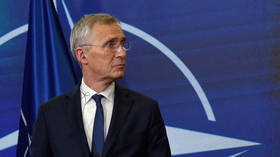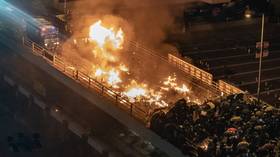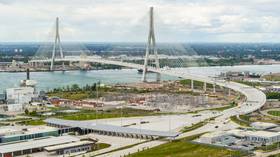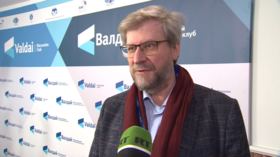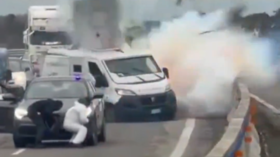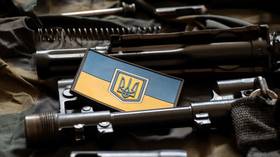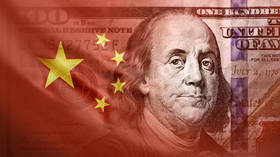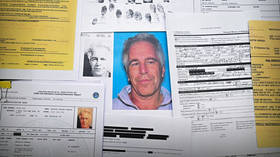NATO bracing for ‘high-intensity conflict’ with Russia – Czech president
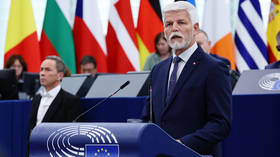
NATO regards Russia as its biggest threat in Europe and is preparing for a major conflict, Czech President Petr Pavel said on Wednesday, reiterating that Central European nations would continue to stand by Kiev in its fight with Moscow.
Speaking at a summit of the Visegrad Group, an informal political club which includes the Czech Republic, Poland, Hungary and Slovakia, Pavel noted that he did not have the impression that his counterparts had a opposing views on the Ukraine conflict.
“We’ve all agreed that it is in our imminent interest that Ukraine succeed,” he said, describing the assistance to Kiev as a “naturally human step.”
Asked about a potential threat to the US-led military bloc from Russia, Pavel suggested that it would take years for Moscow to restore its combat capabilities, but urged caution. “On the other hand, there are many variables in the calculation that could change the situation. It will really depend on the outcome of the conflict in Ukraine,” Pavel said.
“All armies are preparing for the possibility of a high-intensity conflict,” he added.
While the Czech Republic and Poland have been staunch supporters of Ukraine, Hungary has consistently refused to send arms to Kiev while criticizing the EU’s policy, claiming that it only harms the bloc.
Hungarian President Katalin Novakova said that while Budapest was ready to provide Kiev with “maximum help” so that it could protect its people, she insisted that the issue of Ukraine’s accession to the EU be directly linked to its ability to guarantee the rights of the Hungarian minority in the country.
Meanwhile, the Slovak government has also refused to supply Ukraine with military aid after its newly-elected Prime Minister Robert Fico delivered on his campaign promise “not a single round” to Ukraine. However, Slovakia has not curtailed humanitarian assistance.
Russia has on numerous occasions said it had no plans to attack NATO. Moscow, however, has traditionally regarded the bloc’s creeping expansion towards its borders as a critical geopolitical threat. Kremlin Press Secretary Dmitry Peskov has described the alliance as a “tool of confrontation” created to contain first the Soviet Union, and then Russia.
Russian President Vladimir Putin has sounded the alarm about Ukraine’s potential accession to NATO, citing this possibly as one of the key reasons for the start of the conflict back in February 2022.
